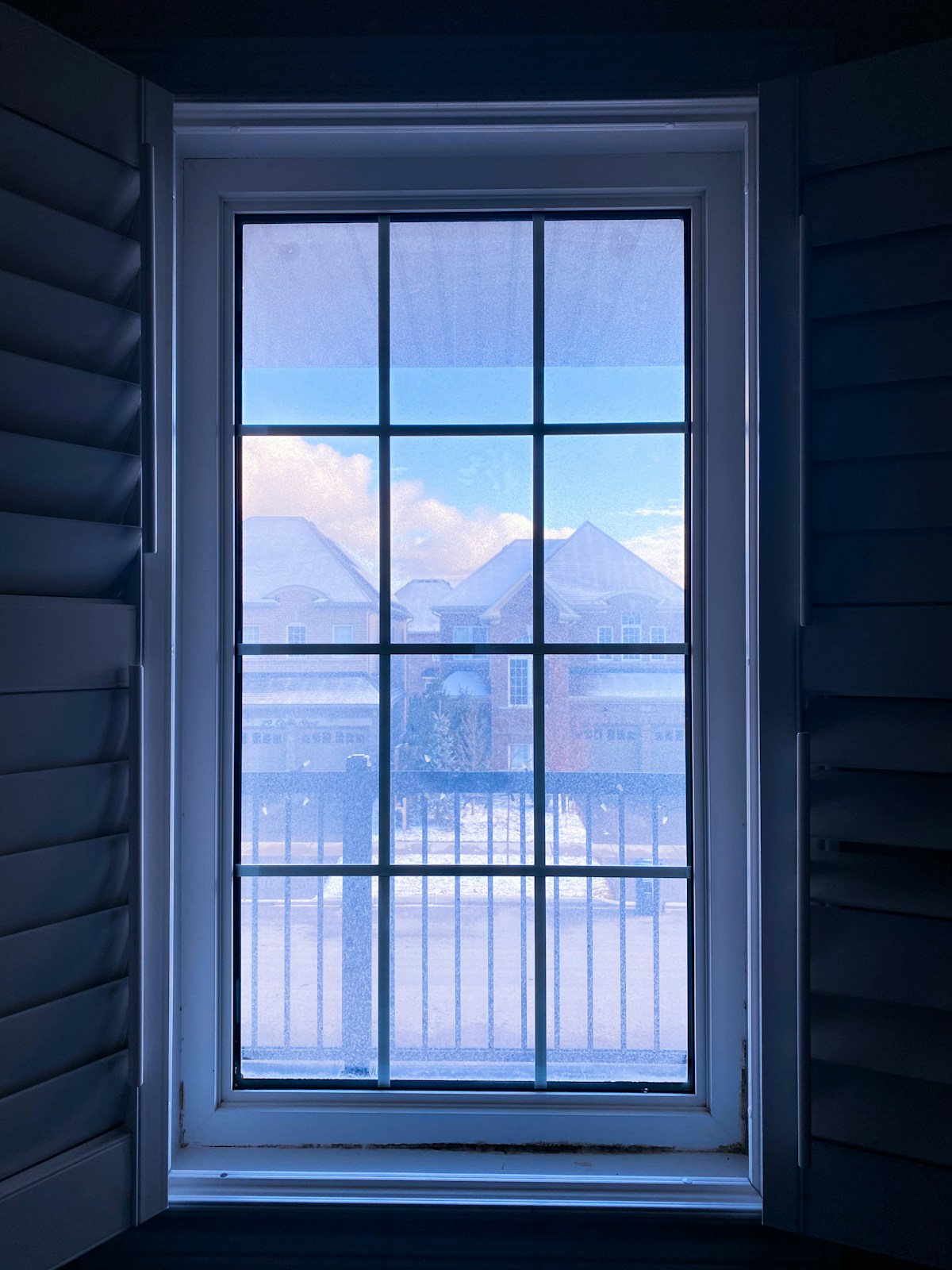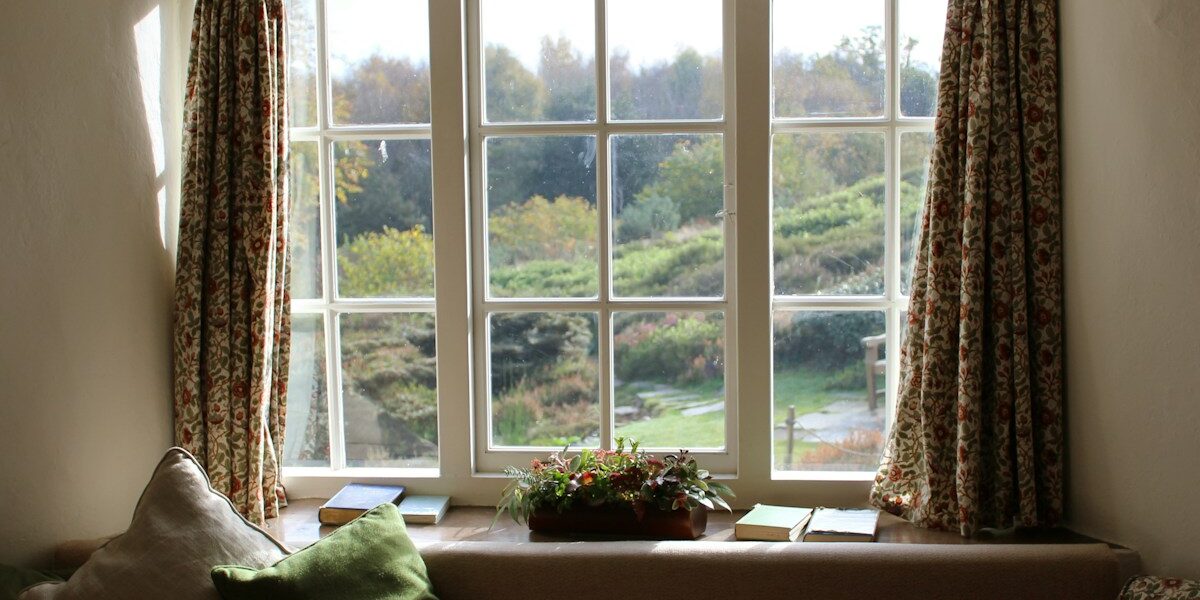Understanding $99 Replacement Windows
Window replacement pricing has gotten complicated with all the promotional offers, hidden fees, and upgrade upsells flying around. As someone who has helped homeowners navigate window purchases, I learned everything there is to know about what these deals actually include. Today, I will share it all with you.

What Are Replacement Windows?
Probably should have led with this section, honestly—replacement windows fit into existing window openings, making installation simpler than new construction windows. They come in various styles and materials to improve energy efficiency and appearance.
The $99 Offer Reality
That’s what makes understanding these offers endearing to us consumer advocates—the $99 price typically covers only basic window types and sizes:
- Usually excludes energy-efficient glass or special finishes
- Installation often not included
- Understand what’s actually covered before deciding
Material Options
- Vinyl: Less expensive, good energy efficiency
- Wood: Classic look, more expensive, higher maintenance
- Aluminum: Durable but less energy efficient
- Fiberglass: Durable and efficient but higher cost
Energy Efficiency
Double-pane glass, Low-E coatings, and gas fills improve efficiency. These features increase initial cost but offer long-term savings. $99 windows may not include these features.
Installation Costs
Professional installation typically costs $100-$300 per window beyond the window price. Proper installation ensures correct fit and prevents air leaks.
Hidden Costs
- Upgrades to meet actual requirements
- Hardware and additional insulation
- Removal and disposal of old windows
- Always request detailed quotes
Quality and Warranty
Not all $99 windows are equal. Look for trusted brands and check reviews. Warranties covering defects and installation issues provide peace of mind.
Energy Star Ratings
Check for Energy Star ratings indicating strict efficiency guidelines compliance. Rated windows reduce bills and improve comfort.
Frame Types
- Vinyl: Cost-effective with good insulation
- Wood: Natural look, more maintenance
- Aluminum: Strong but less efficient
- Fiberglass: Stable and efficient at higher cost
Benefits
- Improved energy efficiency and reduced costs
- Enhanced curb appeal
- Potential property value increase
- Better security and noise reduction



